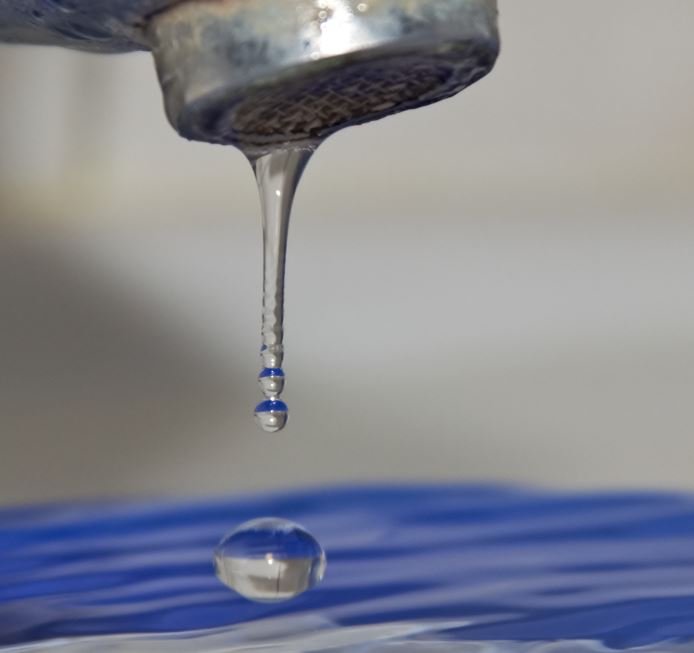Water restrictions: How to save water
Updated | By Suné du Toit
With the ongoing drought and high temperatures felt across South Africa, water restrictions have been implemented in several cities.

These cities include Tshwane, Johannesburg and Ekurhuleni.
The Department of Water and Sanitation has limited the abstraction of water from the Orange River system by all users by 10 percent for domestic and industrial water use and a further 15 percent restriction on water used for irrigation purposes by water users of the Orange River system.
In the Vaal River System, the limit includes a 15 percent curtailment on urban water use and a 20 percent curtailment on irrigation water use.
Here are some tips for saving water from the Department of Water and Sanitation:
In and around the house/business
- Turn the tap off between washing your face, brushing your teeth or shaving.
- Taking a five-minute shower a day, instead of a bath, will use a third of the water used bathing in a bath tub, saving up to 400 litres a week.
- Showering can use up to 20 litres of water per minute.
- If you prefer to bath, don't fill up the bath tub.
- Taking a bath can use between 80 and 150 litres of water per bath.
- Use low-flow showerheads, dual-flush toilet mechanisms and water-efficient washing machines.
- Kettles should not be filled to the brim but with just enough water for your needs. This will reduce your electricity bill too.
- Don't over-fill containers like cooking pots, as this may result in using more energy to heat the water.
- Reducing the toilet flush volume alone can save 20% of total water consumption. This can be done by putting a 2-litre cold drink bottle, filled with water and a little sand to add weight, into the cistern.
- Fix a leaking toilet otherwise it can waste up to 100 000 litres of water in one year.
- Avoid flushing the toilet unnecessarily. Dispose of tissues, insects and other waste in the trash rather than the toilet. Every time you flush the toilet, 12 litres of water is used.
- Use "grey water" - used water from baths, washing machines and other safe sources - to flush your toilet.
- Do not over-fill or excessively backwash your swimming pool.
- Use a bucket rather than a hose to wash your car. If you have to use a hose, use a sprayer that can be turned off in-between spraying the car. Using a garden hose could use as much as 30 litres of water per minute.
- Do not pour paint and chemicals down the drain.
- Farmers must ensure that they keep toxic insecticides away from water sources and streams.
- Factories should take care of how they discharge mercury and other heavy metals into waste water.
- People living in rural areas should be careful not to use the river or river bank as a toilet.
In the garden
- Always water your plants during the early morning hours or in the evening, when temperatures are cooler. Between 10:00 and 15:00 one can lose up to 90% of water to evaporation.
- Every time you boil an egg, save the cooled water for your houseplants. They'll benefit from the nutrients released from the shell.
- Focus on indigenous and non-water-consumptive alien plants (but not invasive alien plants).
- Group plants according to their water needs and to mulch around them.
- Water gardens less frequently, but water well. Using a garden hose could use as much as 30 litres of water per minute.
- Remove invasive alien plants on your property.
- Roof water can also be profitably stored in tanks, for watering gardens.
- Use "grey water" - used water from baths, washing machines and other safe sources - to water your garden.
Show's Stories
-
Model Marciel Hopkins wys haar eersteling
Die voormalige 'Boer Soek 'n Vrou'-aanbieder en haar aantreklike man, Ha...
The Drive with Rob & Roz 1 day, 17 hours ago -
WATCH: SA reacts to TikToker's new spin on a classic SA dish
If you are bored of eating normal pap, here is a new recipe for you to try.
The Drive with Rob & Roz 1 day, 18 hours ago